Humanitarianism is a concept based on the belief that all individuals are equal, and the promotion of happiness and dignity should serve as the bedrock of any society. In this article, we delve into the humanitarian overview and challenges that our world faces in the year 2023.
―
Global Humanitarian Overview 2023
―
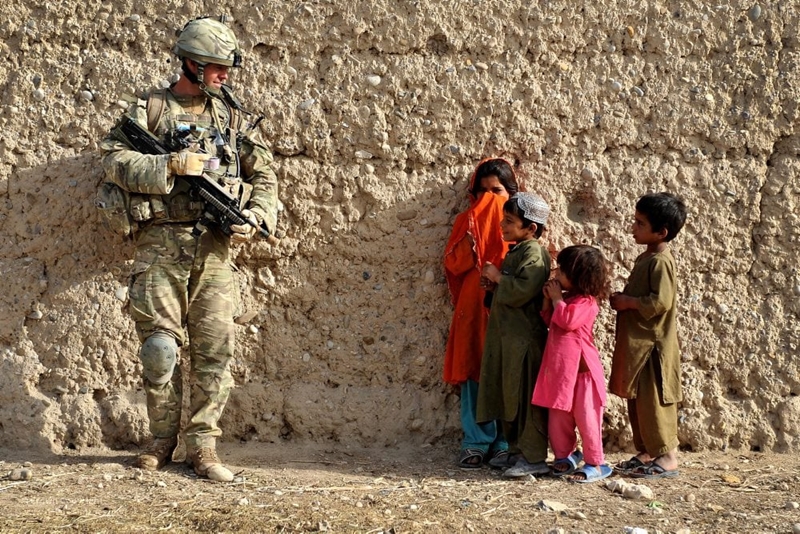
(Source: Boston Review)
Humanitarianism is a concept based on the recognition of human worth and dignity, emphasizing the imperative to save the lives of all individuals in need, irrespective of any discrimination. So, what are the humanitarian crises occurring worldwide in 2023?
If you are eager to delve deeper into the subject of humanitarianism, we recommend the following article linked below: ↓↓↓ |
Once every year, the United Nations Office for the Coordination of Humanitarian Affairs, UNOCHA publishes a report called the “Global Humanitarian Overview.” This report offers an insightful snapshot of the current humanitarian landscape. According to this report, the major humanitarian challenges facing the world in 2023 include:
1. Refugee Crisis: Political and economic upheavals in countries like Myanmar, Afghanistan, South Sudan, Venezuela, and others have forced many individuals to cross borders, seeking support and protection.
The Global Humanitarian Overview 2023 reveals that over 130 million people, representing more than 1% of the global population, have been displaced. Of these, nearly two-thirds are refugees and asylum seekers originating from nations grappling with food crises. Furthermore, almost a quarter of all refugees are hosted in the least developed countries.
For a deeper understanding of the global refugee crisis, we recommend the following article: ↓↓↓ |
2. Food Crisis: Conflict, climate-related disruptions, and the looming threat of a global economic downturn have contributed to what is now considered the most significant global food crisis in recent history.
The Global Humanitarian Overview 2023 highlights that, by the close of 2022, at least 222 million individuals across 53 countries will be confronting severe food insecurity, necessitating emergency assistance. In particular, 45 million people in 37 countries are at risk of experiencing famine.
You can explore further insights into the food crisis in the following article: ↓↓↓ |
3. Climate Crisis: The repercussions of natural disasters such as droughts, floods, and typhoons continue to be observed in various regions, primarily due to climate change. These have led to issues like water scarcity and crop damage, especially in parts of Africa and Asia.
According to the Global Humanitarian Overview 2023, 12 out of the 15 countries most susceptible to climate change have witnessed internationally coordinated humanitarian responses.
Alarmingly, by the end of this century, the number of heat-related deaths is projected to rival the combined fatalities from all cancers and infectious diseases.
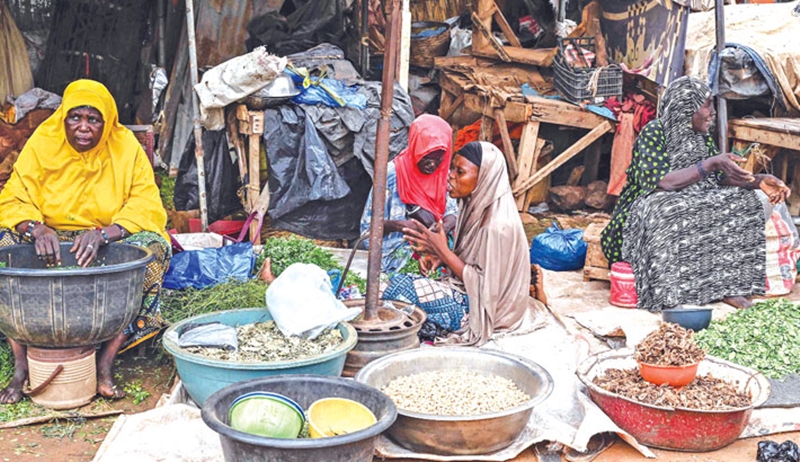
(Source: FAP)
Women selling vegetables and spices in a refugee camp in Oualam, Niger.
In August 2023, a coup d'état in Niger led to a severe food security crisis. Even before the coup, Niger was already facing severe ongoing food insecurity, with more than three million people affected.
Read and learn more about climate refugees: ↓↓↓ |
―
Challenges Facing Humanitarianism
―
The notion of humanitarianism, rooted in the principle of prioritizing the well-being of people, faces a multitude of daunting challenges. Despite its crucial significance, humanitarianism efforts grapple with various issues, including political exploitation, resource scarcity, and the safety of activists.
1. Political Exploitation and Manipulation
Humanitarian principles are at times exploited or manipulated by certain countries or groups for political gain. For instance, Iran has been accused of ongoing human rights violations, including the imprisonment of over 7,000 political dissidents as of 2018, according to Amnesty International.
Iranian human rights lawyer Nasrin Sotoudeh is renowned for defending women arrested for not wearing a hijab in public and juvenile death row inmates. She had received a harsh sentence in 2018 – 38 years in prison and 148 lashes – for allegedly “threatening public order” and “insulting Iran’s supreme leader.”
·☞ Suggested Solution: It is imperative for the international community to collaborate in establishing and upholding universally recognized principles and regulations.
Read to learn more about violation of women’s rights in Iran: ↓↓↓ |
2. Lack of Funding and Resources
While humanitarian needs are escalating worldwide, funding and resources consistently fall short.
In 2023, global humanitarian funding requirements surged to $55 billion, up from $41 billion at the beginning of 2022. However, data from the United Nations Office for the Coordination of Humanitarian Affairs (OCHA) indicates that less than 30 percent of these funds were actually secured. Providing essential support to individuals facing life-threatening circumstances should be a collective responsibility of the global community. However, as of 2023, humanitarian aid continues to be predominantly provided by the top 10 donors, who contribute 82.4% of all funding.
·☞ Suggested Solution: To address this issue, mechanisms should be established to efficiently pool and distribute resources among diverse stakeholders, including international organizations, governments, private enterprises, and individuals.
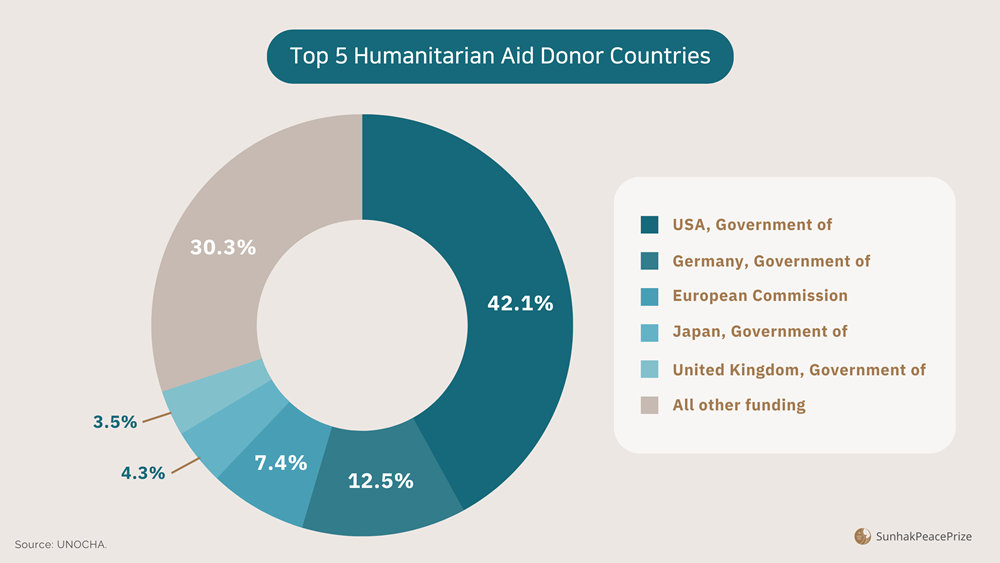
Learn more about humanitarian aid funding: ↓↓↓ |
3. Safety Concerns for Humanitarian Workers and Organizations
There is an escalation in physical threats and assaults targeting humanitarian workers and organizations operating in various regions.
One example occurred in Afghanistan on October 3, 2015, when a U.S. military airstrike struck a Doctors Without Borders hospital in Kunduz, resulting in the tragic loss of at least 42 lives, including patients, medical personnel, and staff.
In numerous other countries, the safety of humanitarian workers and organizations remains imperiled, often due to the unjust exercise of power, acts of violence by states or extremist groups, and the activities of criminal organizations.
·☞ Suggested Solution: On an international scale, we must underscore the principles of neutrality and independence underpinning humanitarian operations. Strengthening protocols and measure to ensure the safety of these entities is also paramount.
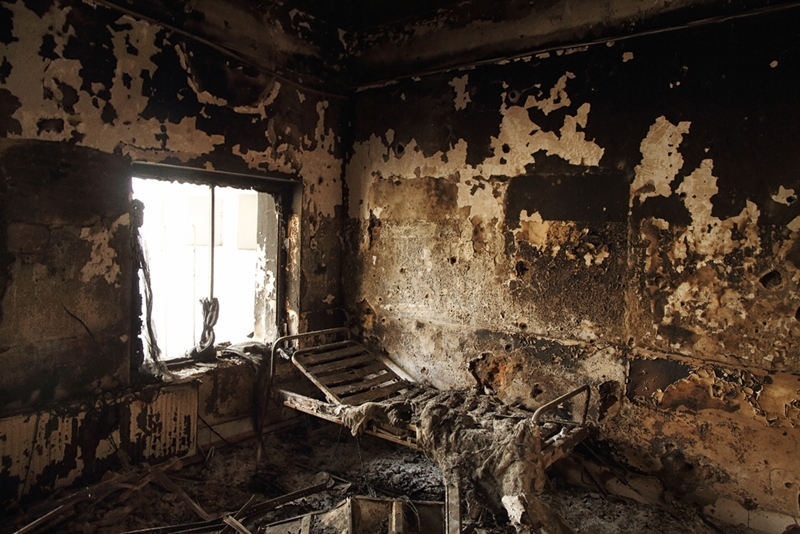
(Source: Doctors without Borders)
―
They Need Greater Support
―
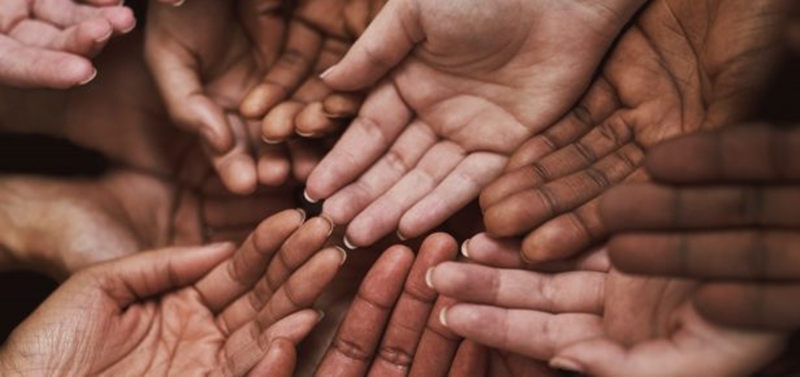
In 2023, many parts of the world continue to grapple with dire living conditions. Humanitarian needs are on an upward trajectory, driven by far-reaching impacts of climate change, while Russia-Ukraine conflict threatens to exacerbate the global food crisis.
Recently, on September 5, 2023, the United Nation’s relief agency, the Office for the Coordination of Humanitarian Affairs (OCHA), announced an emergency allocation of $125 million in aid to 14 countries that have exhausted global relief funds.
This stark reality reveals that, as of 2023, approximately 250 million people are affected by civil conflict, climate-induced challenges, natural disasters, epidemics, displacement, and other crises.
The emergency funds will be directed toward refugee relief efforts in Afghanistan and Yemen ($20 million each), Burkina Faso and Myanmar ($9 million each), Haiti and Mali ($8 million each), Bangladesh ($8 million), and Uganda ($6 million) – nations grappling with some of the most severe crises globally.
Humanitarian assistance and support for individuals facing life-threatening circumstances are not just acts of charity; they represent investments in the collective global good.
With humanitarian needs at an unprecedented high, it is imperative to prioritize international cooperation, education, and communication across a spectrum of stakeholders to effectively address these pressing challenges.
“
Peace is concrete action; it is not a vague dream.
”
-Dr. Sun Myun Moon, Founder of Sunhak Peace Prize-
Learn More: Reason for her Death: Improper Hijab One Hundred Million Refugees Around the Globe Who are Climate Refugees?The Horn of Africa suffers its worst drought everUNOCHA |
Written by Sharon Choi
Director of Planning
Sunhak Peace Prize Secretariat
Translated by Hyang Oh

